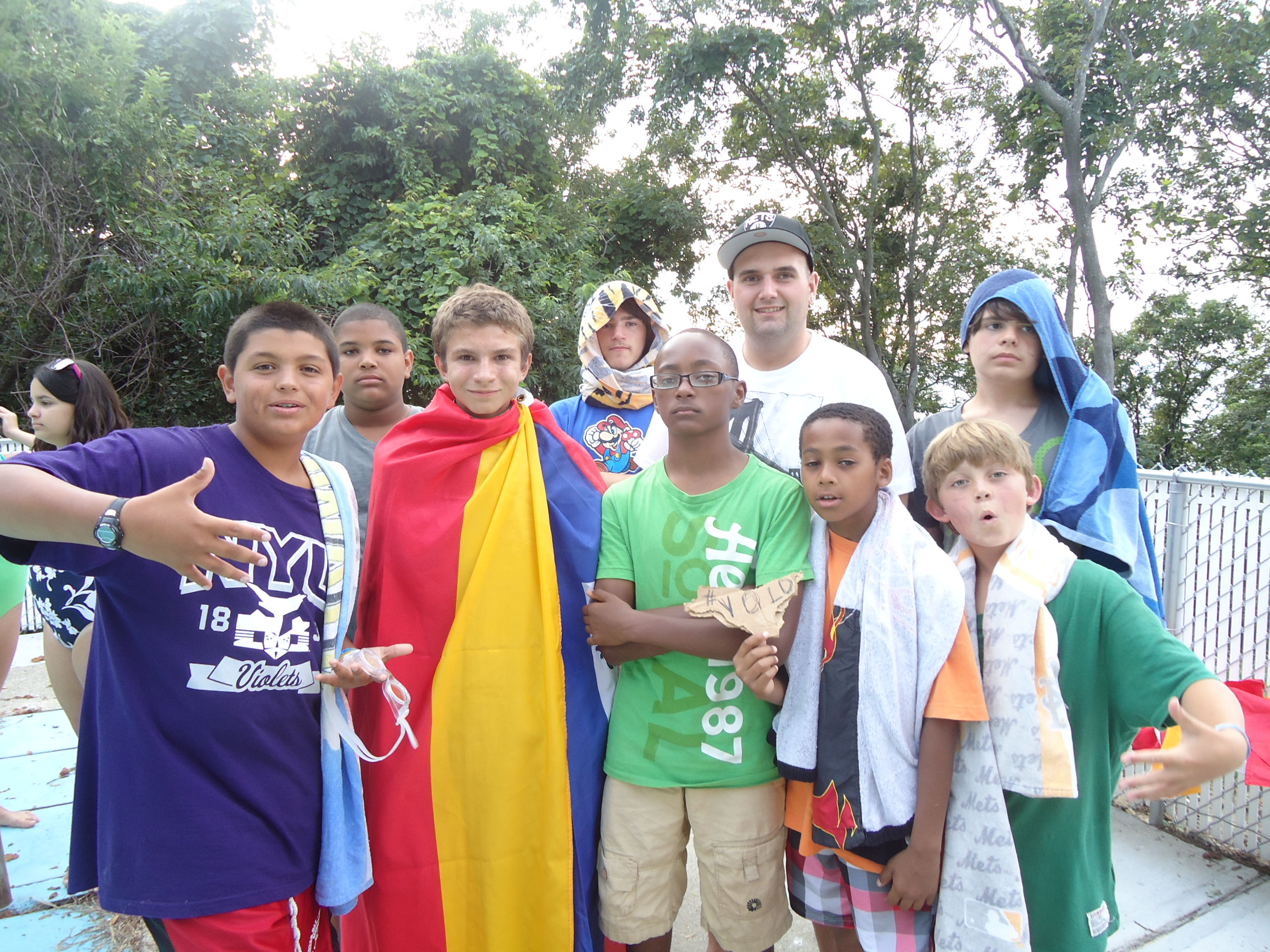 Safety and society go hand-in-hand. As camp leaders, we hold an exciting opportunity to teach values to future leaders. As campers grow and become their best in a safe, nurturing environment.
Safety and society go hand-in-hand. As camp leaders, we hold an exciting opportunity to teach values to future leaders. As campers grow and become their best in a safe, nurturing environment.
Every summer, children go home with lifelong memories of camp. Campers learned to swim, made new friends and survived a week or more without mom or dad. These experiences created a lasting relationship between the camper and the camp. But how does this relationship work once camp is over?
The same policies Camp DeWolfe has for staff interaction with campers at camp still apply once the campers have gone home. Here are a few policies that we recommend implementing and communicating:
- -Babysitting Policy: Babysitting allows for a one-to-one situation and potential for an inappropriate relationship. We recommend creating a policy that prohibits staff from babysitting children they met at camp.
- -Carpooling Policy: Carpooling and driving children home from school could also create inappropriate relationships. We recommend creating a policy against this.
- -Social Media Policy: Most social media sites allow private communication. These messages cannot be monitored once staff and campers are online friends. We recommend adding a policy against staff friending and following campers on any social media site.
- -Cell Phone & Email Policy: Phone calls, text messages and emails provide another private means of communication. We recommend making a policy that does not allow staff to give campers their contact information or use campers’ personal contact information.
Our staff may ask, “How can I keep in touch with campers?” There are still several options where staff and campers can interact in a public setting. The goal is to remove any private communication. Here are a few ideas:
- -Camp Facebook Page: Camp DeWolfe has a public Facebook page, this is an acceptable location for campers and staff to interact. Everything written is public and can be moderated and removed by the Facebook page administrator.
- -Communication with Parents: Private communication directly to a child is the main concern. Camp staff can send written letters or emails to the child’s parents, including a note for the child. This allows the parents to screen all communication and report any inappropriate interaction.
- -Camp Newsletter: Many camps send newsletters to past campers and parents via email. These letters can include updates on staff and what they’re doing during the year. This can also be accomplished on a smaller scale through Twitter.
From “Safety and Society @ Camp” – The Redwoods Group
